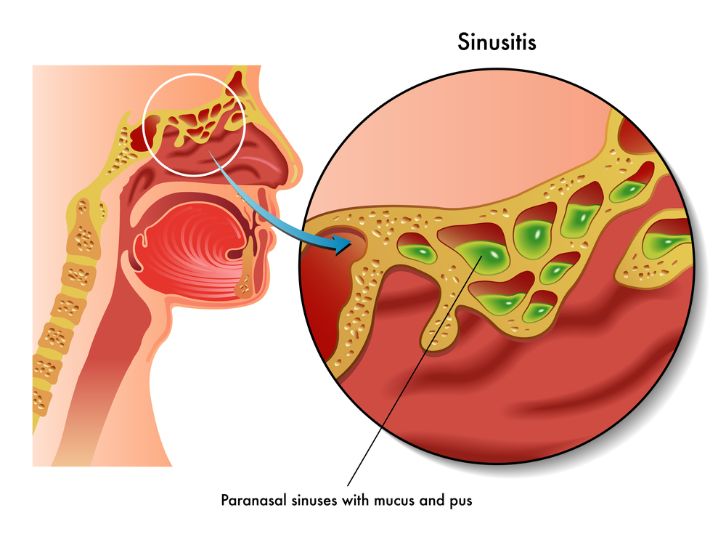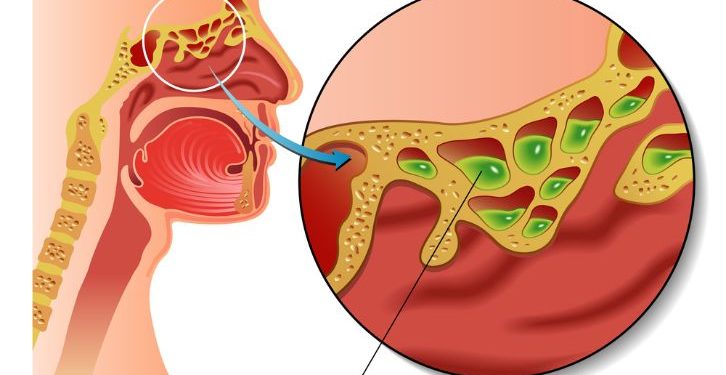Acute sinusitis symptoms include a thick yellow or green nasal discharge, headache, and tenderness in the area around your nose and throat. If you have these symptoms, you may need to see your doctor right away. A doctor will review your symptoms and medical history and perform a physical exam of the ears, nose, and throat. In some cases, your doctor can use a nasal endoscope to look into your sinuses and identify inflammation or other abnormalities.
Your doctor can treat acute sinusitis by prescribing a medicine or by treating your infection with antibiotics. The medication will help your body fight the infection, but it may also make you feel better. It’s important to take the medications exactly as directed. If you skip or stop taking the antibiotics, the infection may come back.
Antibiotics will only work for bacterial infections and aren’t effective for other causes of acute sinusitis. The best way to prevent recurrent sinusitis is to keep your immune system strong by eating healthy and staying away from polluted air.
Most cases of acute sinusitis resolve within seven to 10 days without treatment. However, your doctor may prescribe an antibiotic if you have severe pain or a cough, or if your infection worsens.
Bacterial sinusitis usually occurs after a cold or flu, when the mucus membrane in your nose or sinus cavities swells and blocks the tiny holes (ostia) that allow the sinuses to drain. The bacteria then colonize the undrained mucus and cause a sinus infection.
Symptoms of viral and fungal sinusitis are similar to those of the common cold, but they may last longer. People with allergies often have a more severe form of this condition.

If you have a fever with these symptoms, it could be an indication of a bacterial infection that needs treatment with antibiotics. Your doctor will also examine your nose to check for blockages, swelling, and drainage.
Some doctors may perform a CT scan or MRI to check for signs of other problems. This will help them diagnose the underlying cause of your sinusitis and plan treatment.
Your doctor will likely recommend rest, fluids, and over-the-counter (OTC) pain relievers and decongestants. You can also try a warm compress over your nose and forehead to ease sinus pressure and discomfort. You can also inhale steam from a bowl of hot water or a shower to help with nasal congestion and swelling.
A doctor can also perform a physical exam and allergy testing to diagnose acute sinusitis. If your symptoms are caused by allergies, your doctor may also recommend allergy shots to reduce your reaction to allergens.
In very rare cases, the acute infection can spread to other parts of your body. This can cause meningitis or other serious complications. The most common complications of acute sinusitis are high fevers, nasal obstruction, and facial pain.
Complications of sinusitis are rare, but they can be serious and even life-threatening in some people. If the sinusitis gets into your bones or the membranes that surround your brain and spine, you could develop an infection called osteomyelitis. This is very dangerous and may lead to death, or at least to a long-term, painful condition that affects your daily life.









